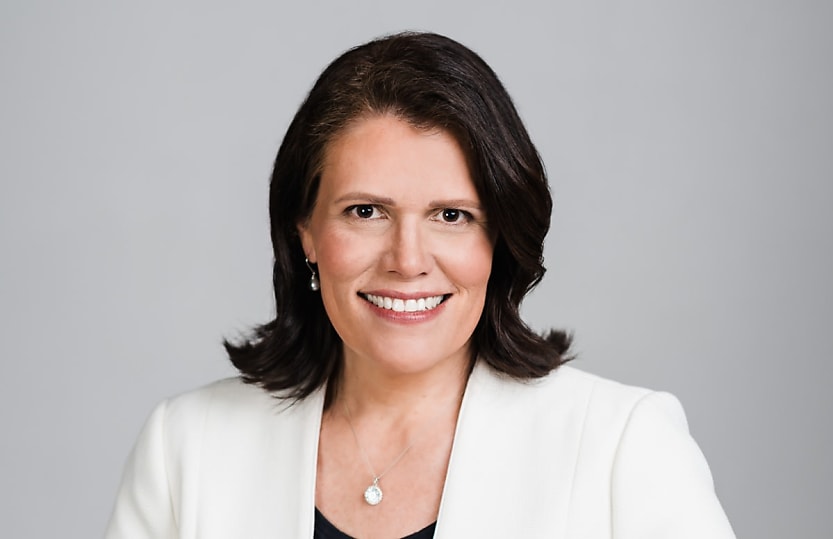Saying no thanks to number crunching

How automation could be the answer to skills shortages in the accounting profession.
Where oh where have all the old accountants gone? And how will businesses and firms find enough new starters to fill their shoes?
The dearth of talent continues to have a very real impact here in Australia. Accountants and auditors are in short supply, according to a Chartered Accountants ANZ survey conducted in late 2022.
A total of 669 job vacancies were found, with regional roles proving the hardest to fill.
The situation is unlikely to improve in the short term, given the majority of respondents expected increased workforce demand for external auditors and tax, management and general accountants.
The issue is not confined to Australia. Elsewhere in our region countries such as Singapore are experiencing equivalent difficulties attracting fresh talent to the profession. That island nation expects its number of unfilled finance roles to reach 10,000 in just two years’ time.
Counting the cost
A severe shortage of finance talent represents a very real threat to productivity and profitability, for individual organisations and the economy at large. That’s because finance and accounting expertise isn’t a mere ‘nice to have’. It’s a critical element of all but the very smallest of businesses, and even those minnows are likely to avail themselves of the annual services of a tax agent or accountant, at the very least.
How then to reverse this trend by encouraging more young people to pursue careers in the sector?
Changing the perception and the reality of what it is accountants and finance professionals do is an excellent place to start.
For many people, the mere mention of the word ‘accountant’ conjures up visions of repetitive, mind-numbing number crunching, of grey-suited individuals matching transactions and slaving over spreadsheets, month in, month out.
Well-paid and secure work? Perhaps. The average accountant in Australia pulls in a pay cheque of anywhere between $70,000 and $129,000, according to recruitment and review site Glassdoor. Dynamic and stimulating? Not so much.
Embracing automation
The good news is, it doesn’t have to be that way. Continuous accounting technology has made it possible for businesses to automate many of the repetitive tasks associated with the finance function.
The term ‘continuous accounting’ refers to a methodology for managing the accounting process by spreading the workload evenly across the accounting cycle, rather than having it concentrated at the month or period end. It centres around three principles: automating repetitive processes; eliminating bottlenecks; and creating a culture of continuous improvement.
Continuous accounting platforms allow businesses to process transactions and update their accounts in real time. That means they’re able to obtain a detailed, accurate picture of where the enterprise is at – right now, not months earlier when the books were last balanced and the accounts closed off.
Working for an organisation that’s implemented this technology allows finance professionals to say adieu to many manual activities associated with the accounting function; activities which it would formerly have been their lot to complete.
Adding value to the enterprise
Instead, they’re able to focus on higher value tasks – think consulting, business analysis and skilled research that can be used to inform key decisions around profitability, growth and future direction.
Analysing, rather than crunching, the numbers – turning them from raw data into actionable insights – can be interesting and fulfilling work.
Finance professionals can also make a valuable contribution to digital transformation initiatives; bringing rigour, accountability and expert knowledge of the enterprise to bear.
It provides an opportunity for them to elevate their contribution and status within their organisation; propelling them from the back office to a more prominent and valued position, at the heart of the action.
Creating rewarding career journeys
That’s the sort of remit to which intelligent, ambitious young people – go-getters who are eager to learn, grow and contribute – may well aspire.
In fact, there’s already evidence to suggest that younger accountants will take the software they’re expected to use in a business or organisation into account when making career decisions.
That’s because they know enterprises that have embraced finance transformation won’t expect them to spend the bulk of their working hours doing repetitive work.
If we’re serious about combatting the country’s skills shortage, it’s time to start showing more young people that opportunities to move beyond the mundanity of the traditional finance and accounting function can be theirs for the taking.
By Rosie Cairnes, regional vice president of BlackLine’s Account Management Organisation for Asia Pacific
